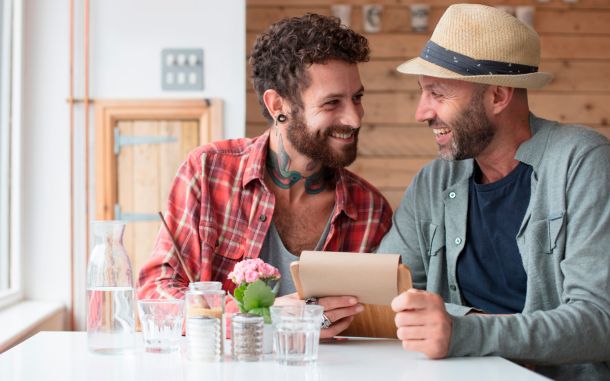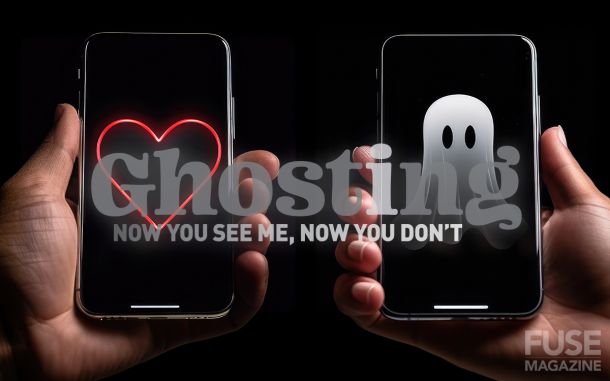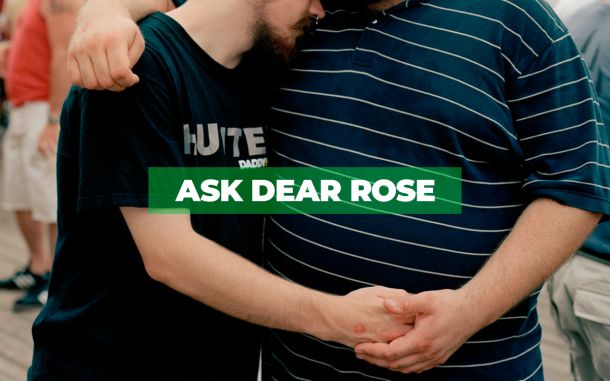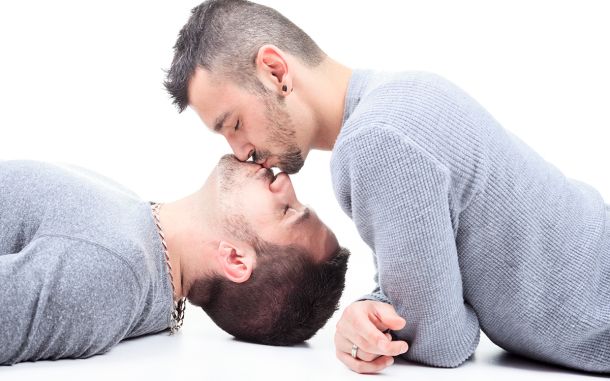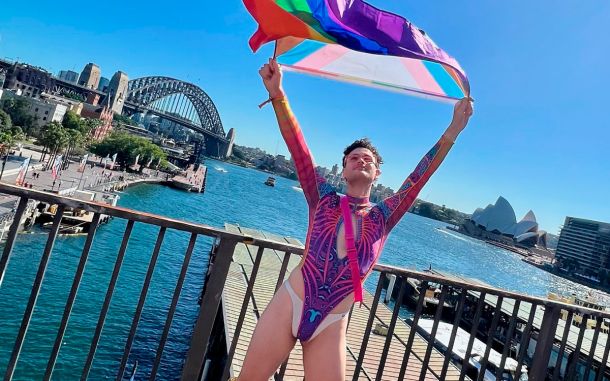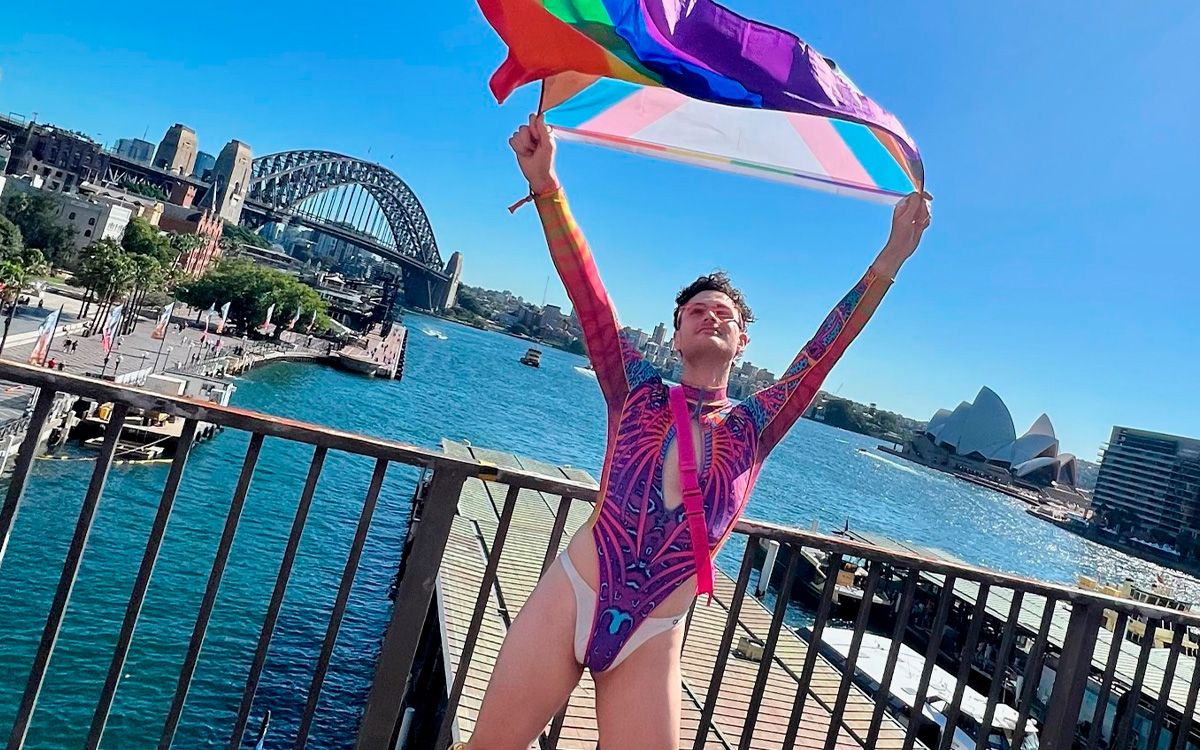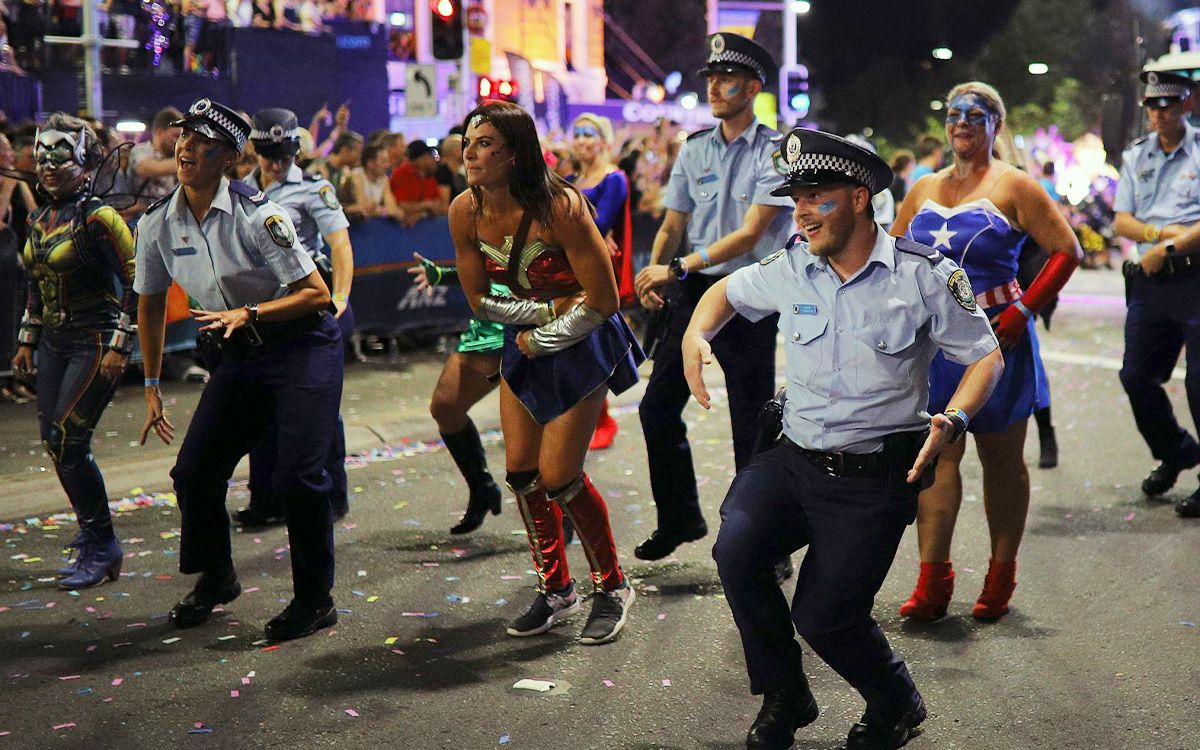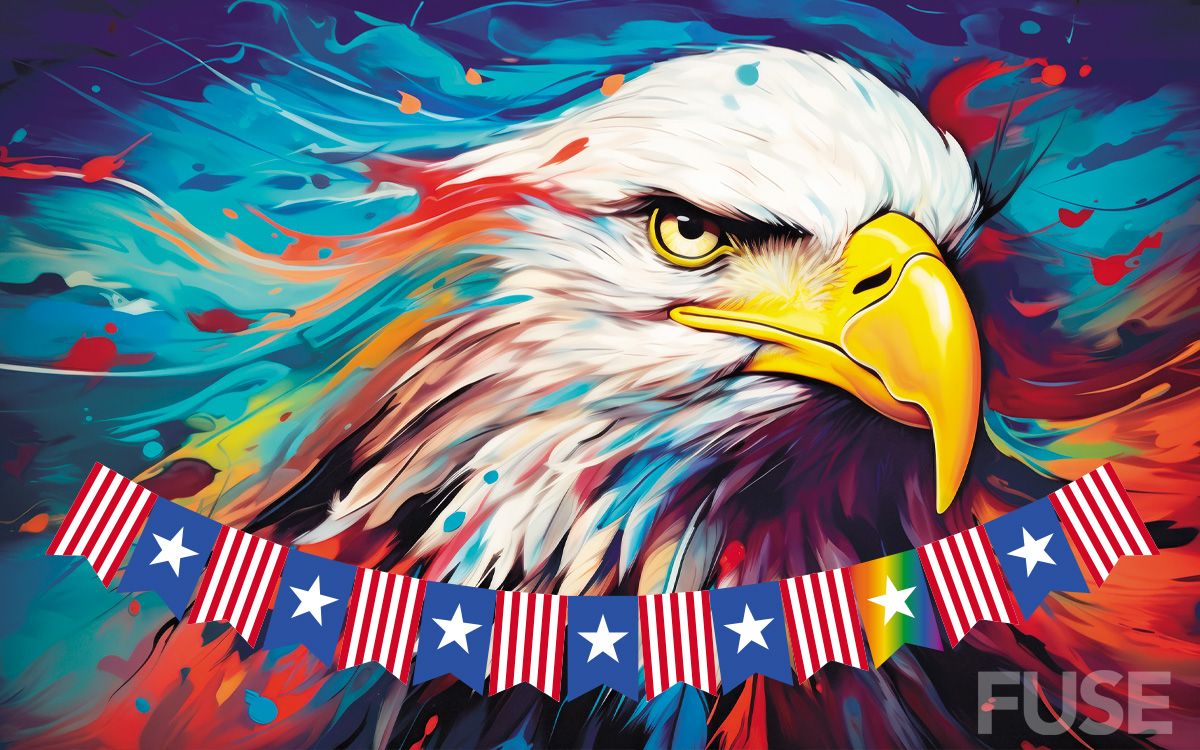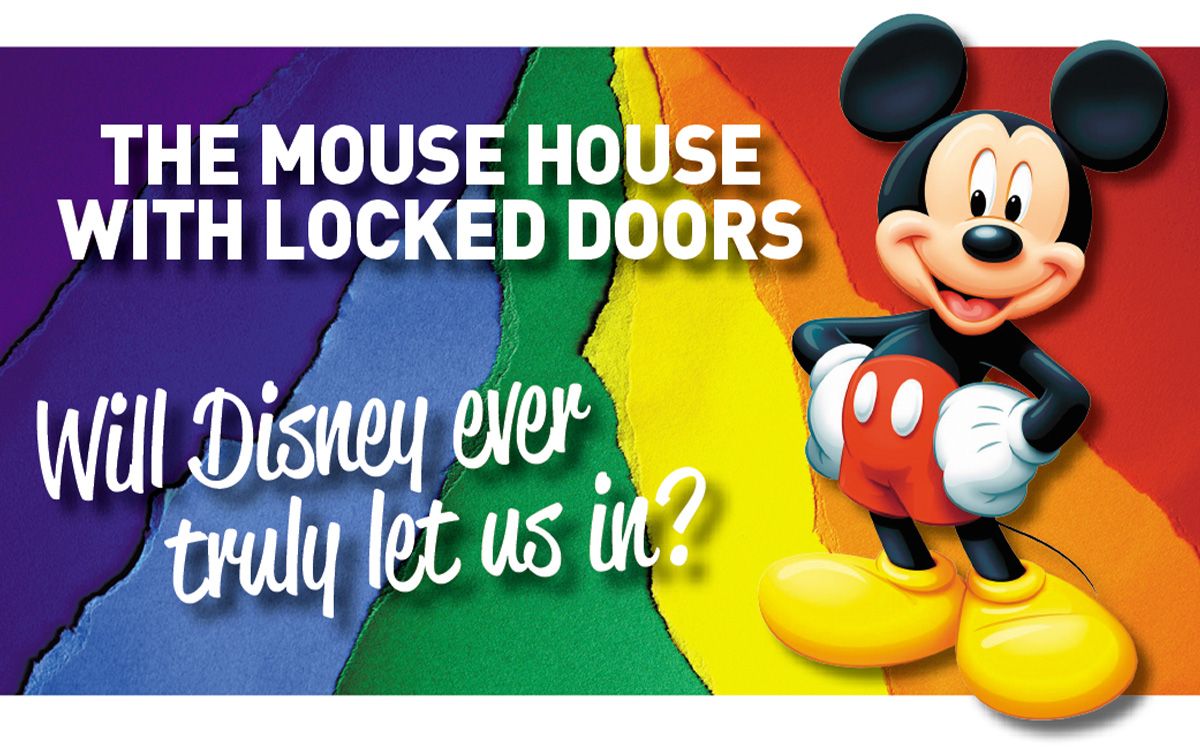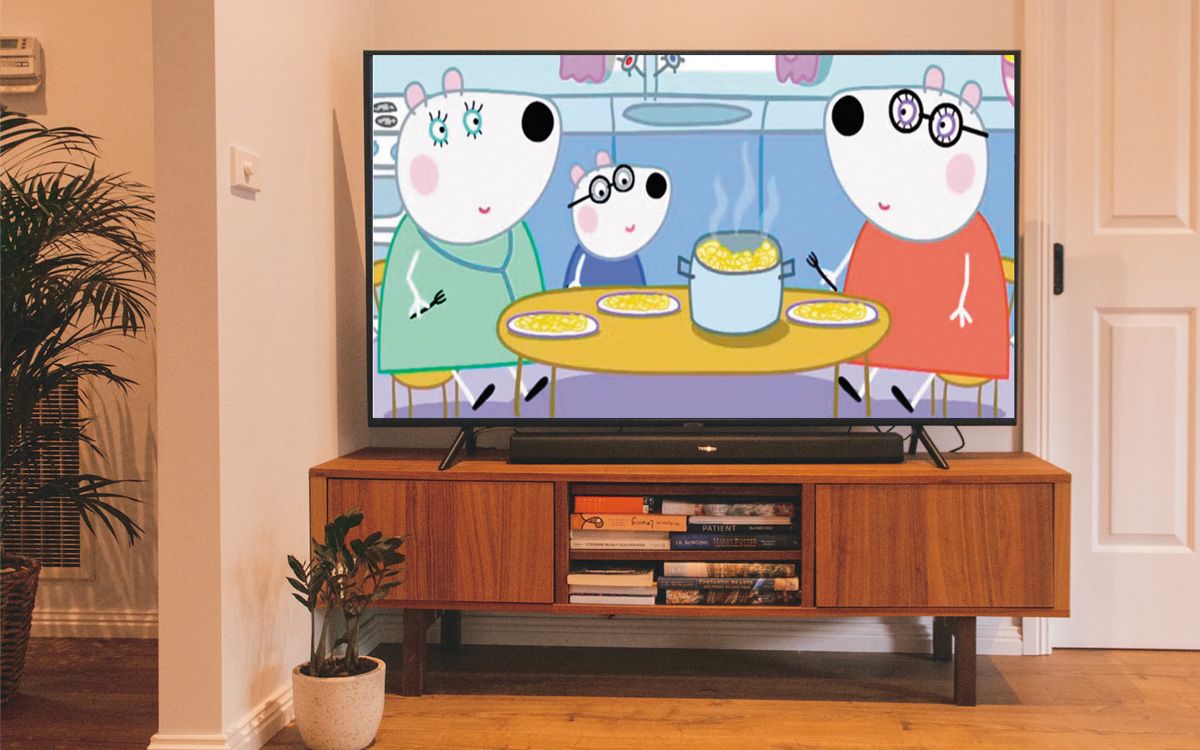Problems with dating apps and can they be fixed?
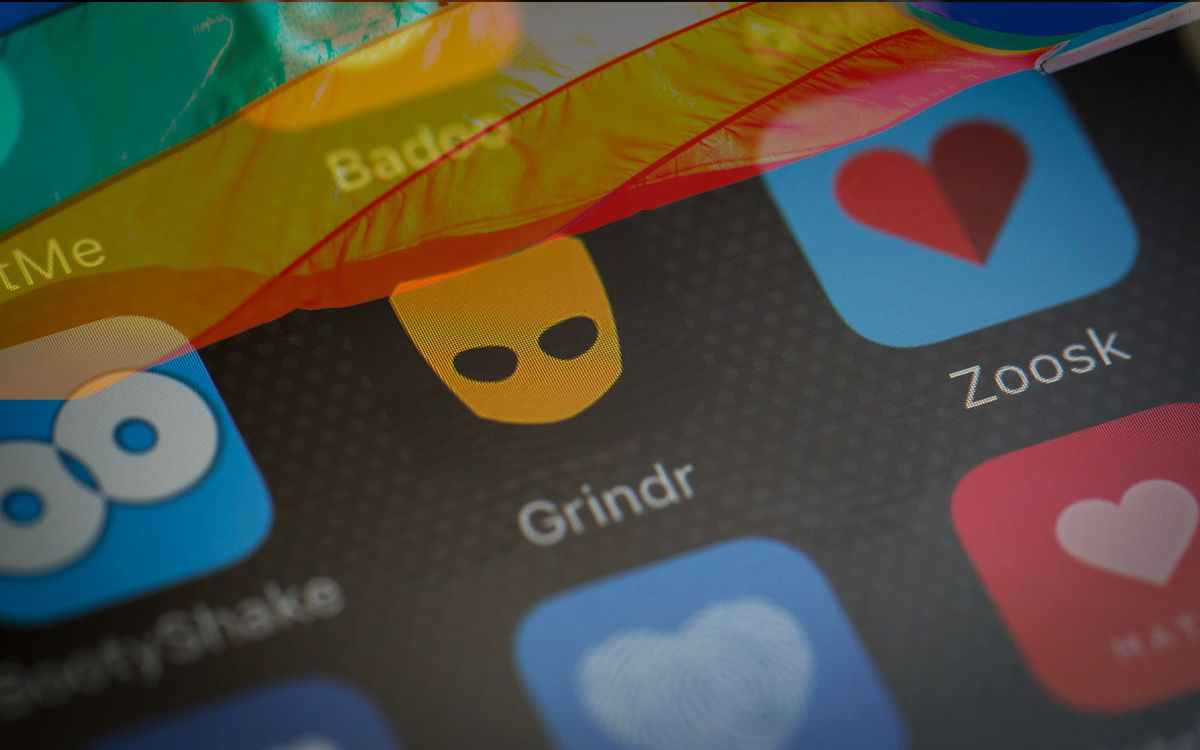
Dating sites and apps have made it easier to find sexual and romantic partners, expanding the pool of potential mates to include the entire internet. About 24% of LGBTIQ people and 10% of heterosexual people have met their long-term partner online.
But apps have also introduced (or modernised) many ethical concerns associated with dating. Surely there’s a better way to build dating apps.
Before dating apps, many people met partners through family, friends or work, which meant that potential partners were often “vetted” by people we trusted. When you meet someone on an app, you often know nothing about them except what they choose to tell you. Making the pursuit of intimacy more private and individual has increased the potential for negative or harmful experiences.
Apps help you control how you present yourself and refine your dating pool using filters. Many see this as a helpful and liberating tool to clarify their identity and meet like-minded people. There are even dating apps exclusive to people with certain political views.
But the more discerning you can be, the more you may contribute – often unwittingly – to unjust discrimination. Many people are swiped away or filtered out on grounds of race, ability, class and appearance. For example, in the United States, 99.8% of young black male sexual minority users have experienced some form of racialised sexual discrimination. And only 3% of contacts initiated by white people are to black people. Disabled people have reported receiving “insulting, pitying, or aggressive comments”, or doubts about their ability to have sex.
About 24% of LGBTIQ people have met their long-term partner online.
Apps are designed carefully to hold your attention using elements and rewards that make using them feel like playing a game. This can distance your behaviour from your values. You might want a few, caring and nuanced interactions, or committed romantic love, yet find yourself thrilled by notifications, or drawn into numerous sporadic conversations in ways you find alienating. Ghosting – suddenly leaving an interaction without explanation – is arguably disrespectful, but it can seem logical when apps funnel you into conversations that lead nowhere or to harassment.
Using apps even morphs into an activity in its own right, becoming less a way of meeting people and more a source of attention, validation and sexual intrigue in your pocket.
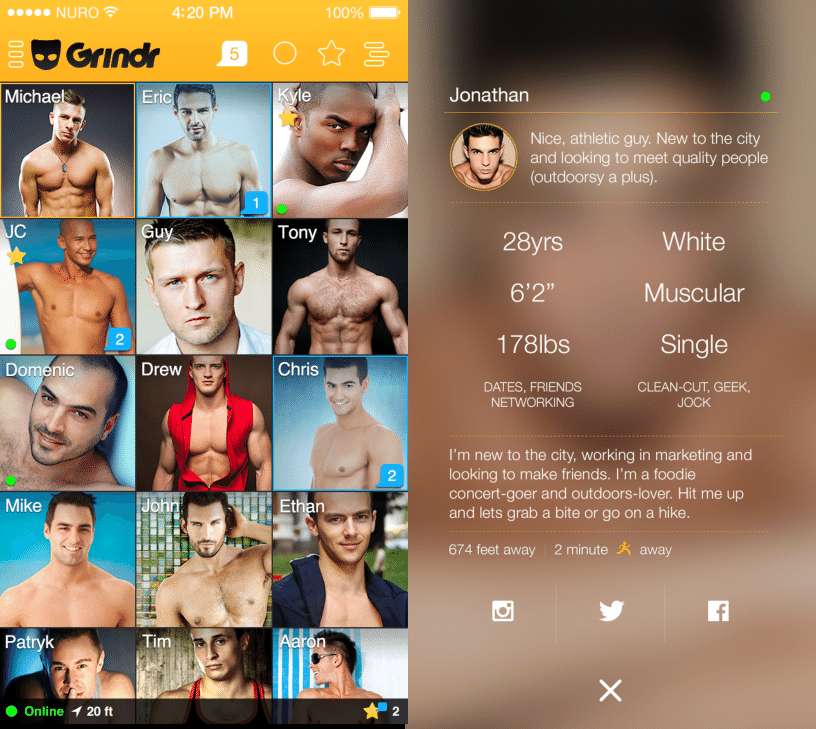
Finally, dating apps encourage users to objectify each other through rapid judgment based on appearance. From rapid swiping with little information beyond a picture on apps like Tinder, to Grindr’s grid of torsos, dating apps make it easy to dismiss with a glance.
Can dating apps be better?
We are researchers of love and relationships who have studied online dating, the idea of compatibility, the nature of love, non-monogamy and the needs of sexual minority groups.
Our continuing exploration of these topics has convinced us that the people who design dating apps could do more to improve the experience for users. This is why, at the Centre for Love, Sex, and Relationships at the University of Leeds, we are also launching a new research project on ethical dating online to explore how apps can become a better experience for everyone.
Some apps have already started to do this. Bumble only allows women to make the first move and has added a feature that automatically blurs nude images, giving users a choice over whether they see the photo or not. Tinder has added new safety features, such as an AI that detects if a message may have offensive or sexually explicit language, and prompting users to think twice before sending.
But they could take it further. Enhanced safety features could help people report harassment. Apps could do more to inform users when someone is using AI in their interactions, or make it easier to get feedback from friends, family or other users. These improvements might make it less likely that users will meet up with dangerous people.
Dating apps could give users more information about their preferences and behaviour. Sporadic statistical overviews, or “end of year round-ups” a la Spotify could help users see whether they are as open minded as they want to be, or just choosing people from a similar racial or class background.
Finally, apps can “nudge” users towards more ethical behaviour, encouraging them not to ghost someone, for example, or enforcing a cooling-off period for serial swipers.
While this might feel intrusive, remember that dating apps are already doing this – for example, sending notifications encouraging you to check the app regularly.
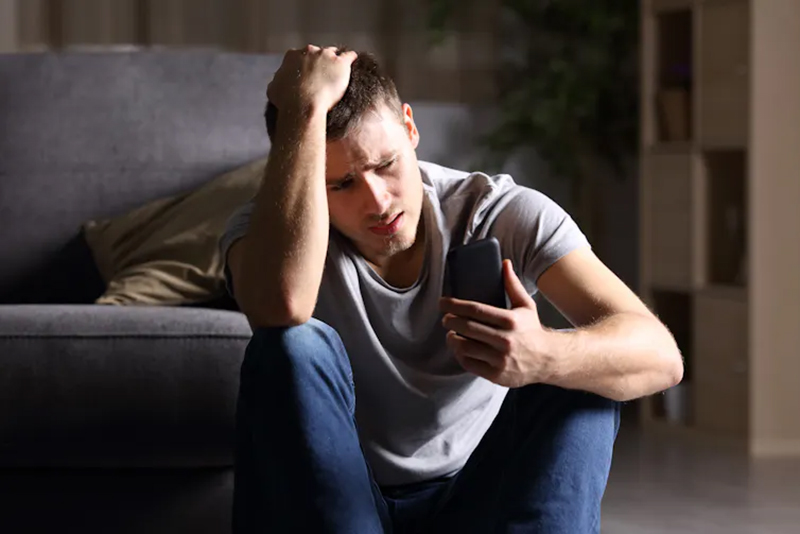
Be a better dating app user
There are also steps you can take to interact more ethically on dating apps. Being more aware of your own biases is a good start. So is trying to be more open to people who don’t conform to what you think you want in a partner (particularly when these preferences might be influenced by biases and stereotypes).
You can also take more care of what you say and do on apps. For example, avoiding ghosting others unless it’s a response to abusive behaviour. In short, remember that online dating is not just a game, even if it feels like one, and that the images on your phone are – usually – of real people.



